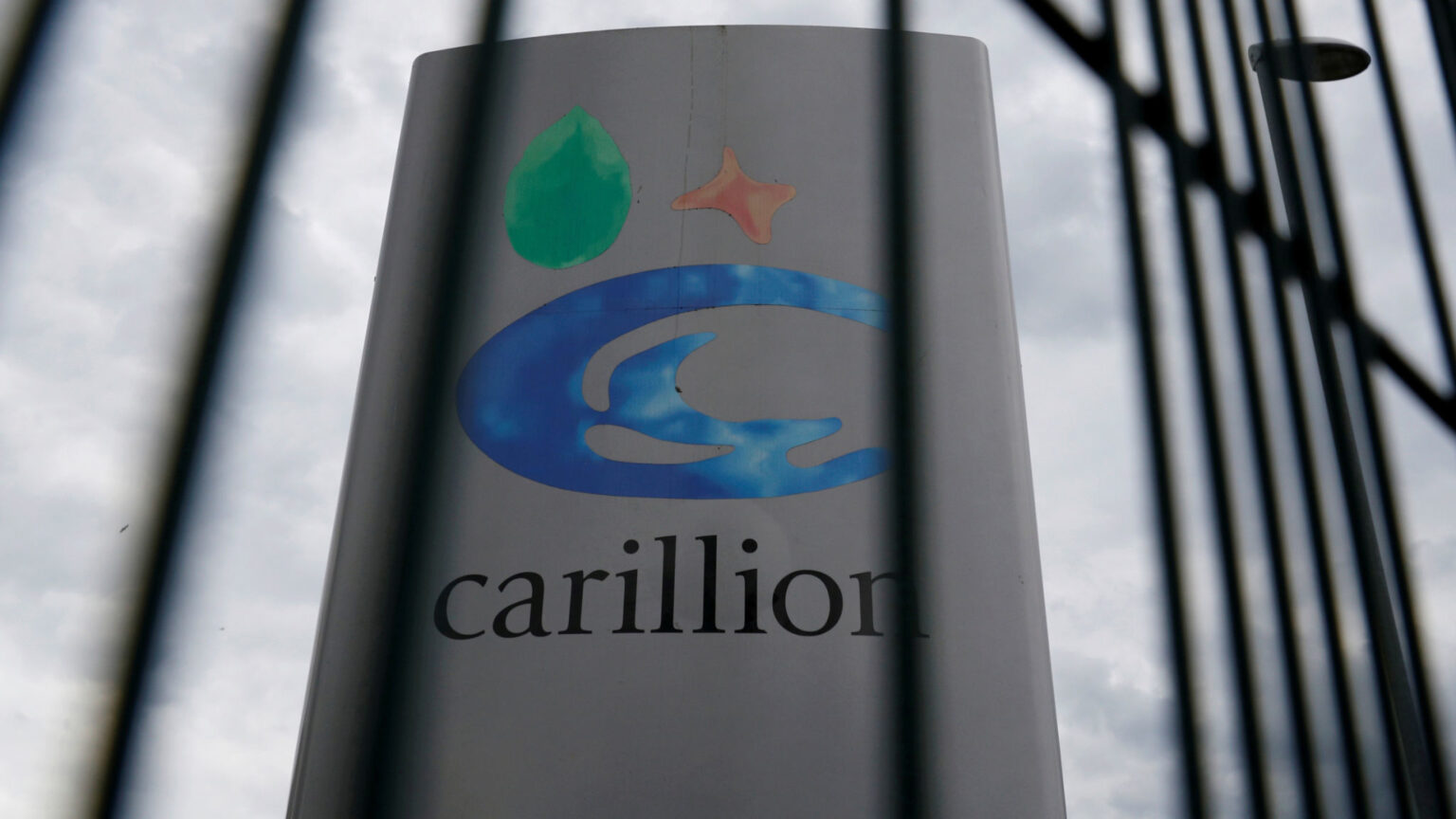Bosses at collapsed construction firm Carillion have had their bonus payments halted amid growing anger at bumper payouts.
The Insolvency Service revealed payments had stopped when the major public service provider plunged into liquidation on Monday with debts of £1.3bn and a £600m pensions deficit.
A spokesman said: “Any bonus payment to directors, beyond the liquidation date, have been stopped and this includes the severance payments which were being paid to some senior executives who left the company.”
The news came after Labour leader Jeremy Corbyn used Prime Minister’s Questions to tackle Theresa May over “wildly excessive bonuses” given to Carillion bosses.
Carillion’s former chief executive Richard Howson was handed £1.5m in salary, bonuses and pension payments as part of his exit deal in 2016, with the company agreeing to carry on paying him a £600,000 salary and £28,000 benefits until October 2018.
Other former bosses had also been handed severance deals in which their salaries were continuing to be paid beyond their exit date.
Separately on Wednesday, oil and gas services company Wood Group said Mr Howson had resigned his £35,000-a-year role as a non-executive director of the business with immediate effect.
Mr Corbyn claimed Carillion’s demise showed there was “one rule for the super rich, another for everybody else”, while he claimed the Government had had a duty to ensure the firm was properly managed.
He accused ministers of being “very negligent” over Carillion’s failure as the Prime Minister faced her first public grilling since the downfall of the major public service provider.
Mr Corbyn demanded Mrs May end the “costly racket” of private involvement in the public sector and asked why the Government had continued to hand contracts to Carillion even after the debt-laden firm had issued a series of profit warnings.
Mrs May attempted to absolve ministers of responsibility over the demise of Carillion by insisting the Government was the “customer” of the collapsed firm and “not the manager”.
Ministers have been left reeling after Carillion went bust with 450 public sector contracts on its books.
The 200-year-old firm employed 20,000 workers across Britain before banks pulled the plug.
However, as MPs listened to the exchanges in the House of Commons, the Government was boosted by the news that workers on the majority of private sector contracts held by the failed firm will continue to be paid.
The Insolvency Service revealed 90% of Carillion’s private customers will ensure funding for the firm to continue providing services in the interim until new suppliers can be found.
The Government had already assured employees on public sector contracts they will continue to be paid.
But thousands of workers on private sector contracts had faced uncertainty about their future when a 48-hour period of support ends on Wednesday.
In his questions to the Prime Minister, Mr Corbyn also highlighted other private companies’ woes while holding public sector contracts.
He said: “These corporations need to be shown the door – we need our public services provided by public employees with a public service ethos and a strong public oversight.
“As the ruins of Carillion lie around her, will the Prime Minister act to end this costly racket of the relationship between Government and some of these companies?”
Interserve, a rival of Carillion until its financial collapse this week, has seen its share price fall sharply on a report the Government is closely monitoring the company.
In her responses to Mr Corbyn, the Prime Minister said: “We were a customer of Carillion, not the manager of Carillion, and that is a very important difference.”
She added: “We’re making sure in this case that public services continue to be provided, that workers in those public services are supported and taxpayers are protected.
“But what Labour oppose isn’t just a role for private companies in public services – it’s the private sector as a whole.”


